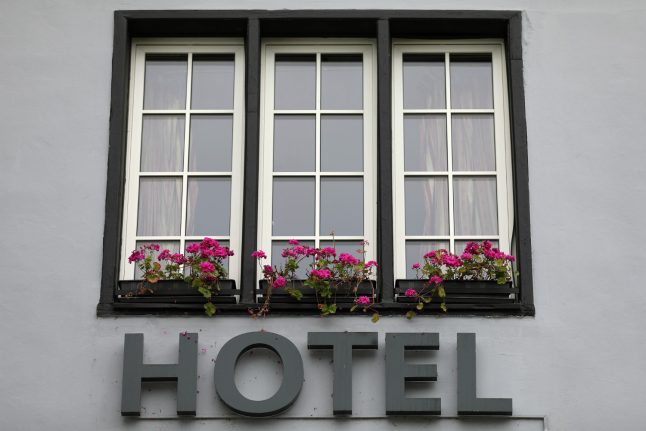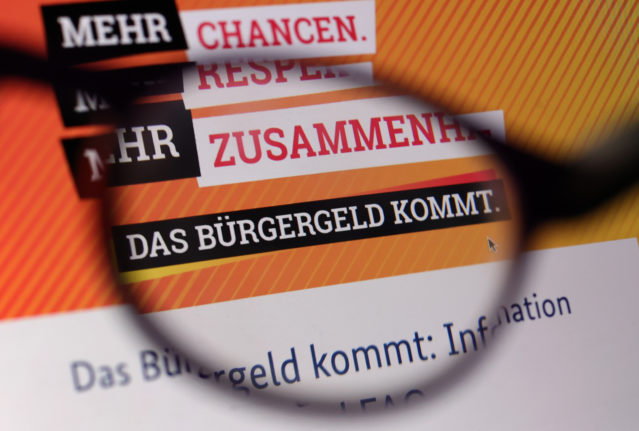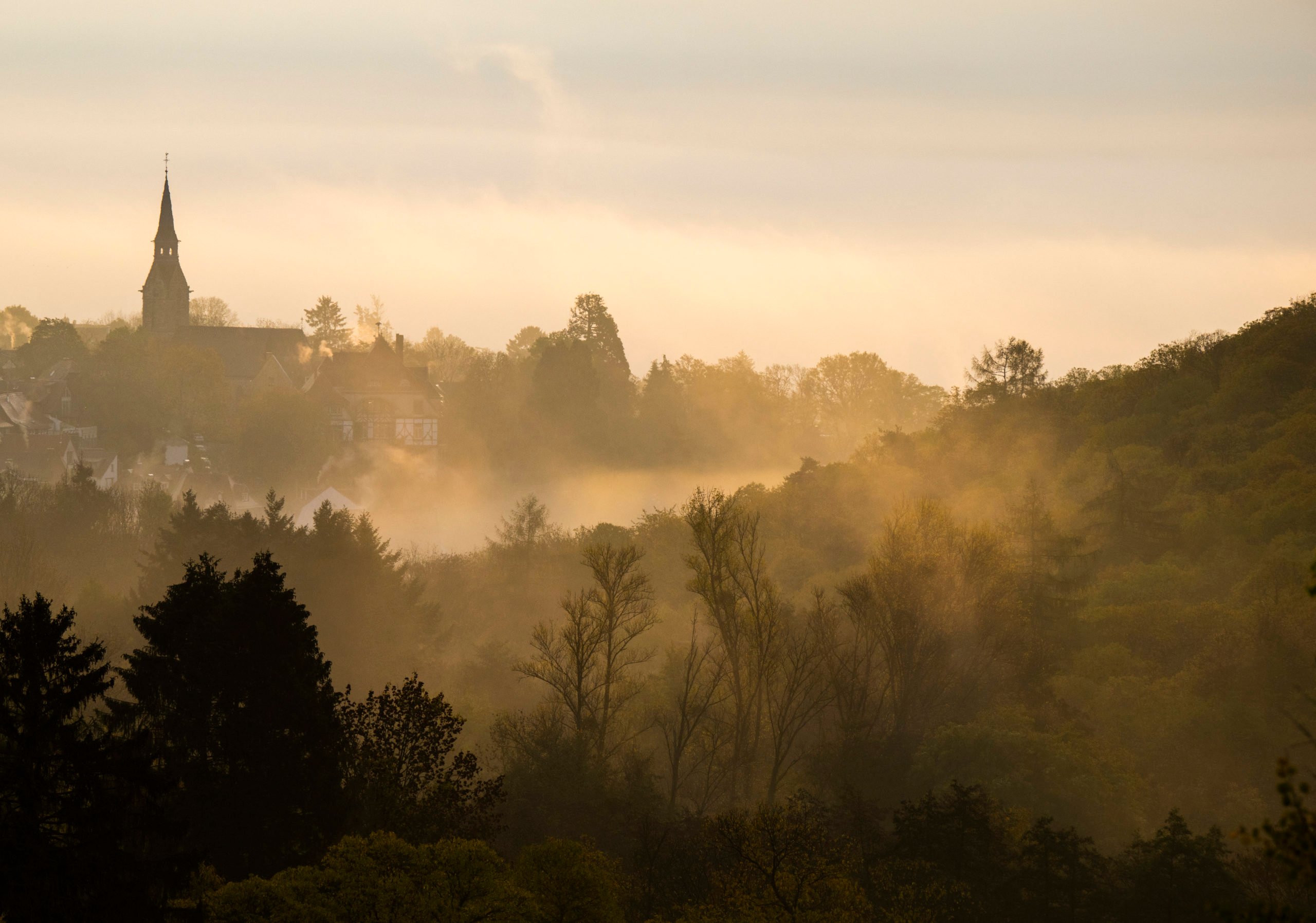Please note we've tried to keep this story updated but the situation is changing rapidly.
As the autumn holidays begin in schools, perhaps you're considering taking a trip in Germany. If so, be aware that due to a rising number of coronavirus infections, there are lots of internal travel restrictions in place in Germany (as well as external ones) that could affect you.
We've broken down the rules in more detail so you can plan a holiday safely or choose not to travel. Although we aim to give you the most up-to-date information, the situation is changing quickly so check local and federal government advice as well
Keep in mind as well that in view of the increasing number of infections, the Federal Government and states are generally urging “all citizens to avoid unnecessary travel” to and from such risk areas.
Which areas are classed as 'risk' zones?
The Robert Koch Institute (RKI) for disease control in Germany says any place that reports over 50 infections per 100,000 inhabitants in the last seven days is a risk zone.
These include the cities of Hamm and Remscheid in North Rhine-Westphalia and the districts of Cloppenburg, Vechta and Wesermarsch in Lower Saxony.
Other places to become hotspots are: Berlin, Bremen, Frankfurt, Offenbach, Hagen, Herne, Rosenheim and the district of Esslingen in Baden-Württemberg which have reported over 50 infections per 100,000 inhabitants in the last seven days.
On Saturday October 10th, the city of Cologne was also declared a coronavirus hotspot.
READ ALSO: MAPS – Where in Germany are the Covid hotspots right now?
The below map by DPA shows the areas with more than 50 infections per 100,000 residents in the last seven days as of October 9th.

What's the latest on travel?
A majority of states decided on Wednesday that travellers from risk areas currently designated by the RKI, like those shown above, are not allowed to travel to non-risk areas and stay overnight in hotels or other tourist accommodation.
These states do not have this ban in place: Bremen, Berlin and Thuringia.
READ ALSO: 'Who's controlling it?': Why you could face domestic travel restrictions within Germany
Mecklenburg-Western Pomerania, however, wants to stick with stricter quarantine rules.
Here are the websites for the states for more information on coronavirus rules there: Schleswig-Holstein, Rhineland-Palatinate, Mecklenburg-Western Pomerania, Berlin, North Rhine-Westphalia, Niedersachsen, Thuringia, Bremen, Hesse, Hamburg, Baden-Württemberg, Bavaria, Sachsen-Anhalt, Saxony, Brandenburg, Saarland
What does all this mean for me?
Travellers from risk areas should be prepared for different consequences depending on the federal state they are going to.
Earlier this week, people from Hamm, Remscheid and the four affected Berlin districts had to go into quarantine when visiting Schleswig-Holstein, but these strict rules were overturned on Wednesday.
In Mecklenburg-Western Pomerania, the quarantine rules remain. People entering from cities (but not districts) must go into self-isolation. According to the Health Ministry entry restrictions or quarantine for returnees will only become effective if Berlin as a city-state shows a total of more than 50 new infections per 100,000 inhabitants within seven days. According to the latest calculations, the average value for Berlin is below 40.
In Berlin, Bremen and Thuringia there are currently no special restrictions for people entering from domestic risk areas.

Travelling by train throughout Germany is getting harder. Photo: DPA
People living in German risk areas or travelling from there to the other states are not allowed to stay in hotels, holiday homes or other commercial accommodation.
There can be exceptions to this rule, depending on the federal state, such as proving that you are not infected with coronavirus (for example with recent test results). So we'd advise getting in touch with the hotel or other accommodation before you travel.
Can I be released from quarantine in any federal state if I get a negative test?
MECKLENBURG-WESTERN POMERANIA: The coronavirus state regulation states that tourists from risk areas may only enter the country “if a medical certificate is available confirming that there is no evidence of infection with the corona virus Sars-CoV-2”. This certificate must not be older than 48 hours.
Nevertheless, there is an obligation to stay at home for 14 days immediately after arriving. The quarantine period can be shortened by the responsible health authority if a further PCR test is also negative after five to seven days.
READ ALSO:
- Coronavirus second wave: Why the party is over in Germany's cities
- Only one in five Germans 'plans to travel in autumn and winter'
What happens if I have already booked accommodation as a resident of a risk area? Will I get my money back?
Holidaymakers should be able to get their money back from the hotel if they come from an area with high coronavirus infection rates and now have to cancel domestic trips.
Accommodation in these circumstances is now no longer possible due to the new regulation, said Paul Degott, a travel lawyer from Hanover. In this case, he said, money already paid in advance should be returned and no cancellation fees charged.
This applies not only to booked hotel accommodation, but also to stays in holiday homes, said Degott.
What applies to me if I work in a risk area?
In Schleswig-Holstein there are numerous exceptions to the quarantine obligation for professionals. Among other things, exceptions apply to people who transport goods. Bus, train, ship and plane staff from risk areas do not have to go into quarantine either.
In Mecklenburg-Western Pomerania, commuters or business travellers are exempt from the restrictions. In Rhineland-Palatinate, among other things, anyone who enters daily or for up to five days for professional reasons does not have to be quarantined.




 Please whitelist us to continue reading.
Please whitelist us to continue reading.
Member comments